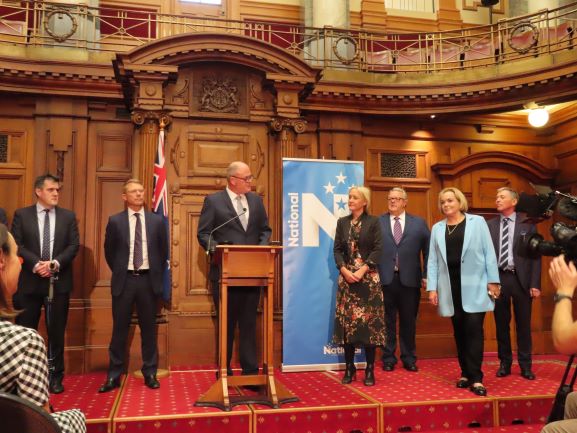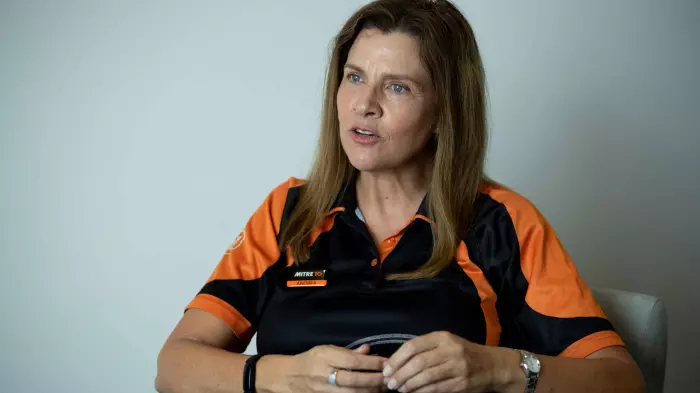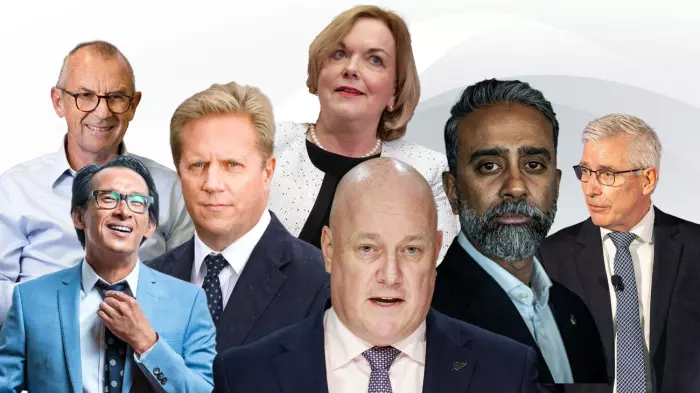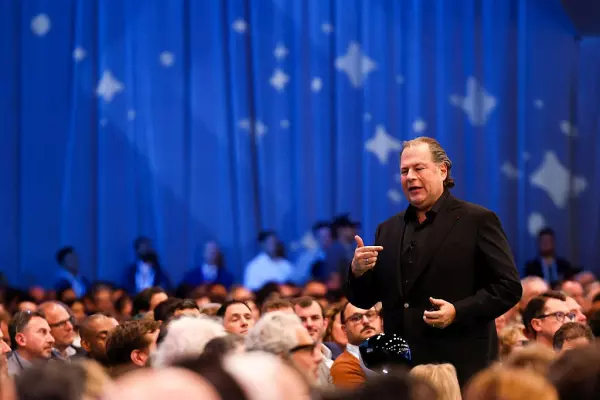When I was an ambitious teenager, desperately trying to get a foothold in the competitive TV news business, the boss of a major current affairs show told me: “You’re the right colour to be on this programme”.
It sounds like shameless tokenism – implying that I was being hired on the basis of my skin colour rather than my talent.
In reality, this producer was trying to correct an imbalance within his team. That team was 50 shades of vanilla. Almost all of the presenters, reporters and producers were white. He wanted to make the programme reflect the audience it served.
I respected him for having a progressive outlook and being willing to take a punt on a young reporter who didn’t even have a journalism qualification.
But I had shown that I was ambitious, creative and hardworking. I believe I was hired on the basis of those traits – not just because I could tick a cultural box.
As a second-generation Sri Lankan, my cultural background was a bonus. It allowed me to bring a fresh perspective to the show. However, if I felt like a token brown hire, I would never have taken the job.
The issue of diversity in the workplace is wrapped in confusion, indifference, ignorance and misunderstanding.
Todd Muller learnt that the hard way last week. On his first full day in Parliament as National’s leader, Muller was derailed by legitimate criticism of the lack of diversity in his new caucus line-up. Not a single ethnic MP – Māori, Pasifika or any other group – in the top 12.
In a stunning own-goal, deputy leader Nikki Kaye claimed that Paul Goldsmith was of Ngāti Porou descent. In fact, he has no Māori blood at all. (More like “Ngāti Epsom”, as Shane Jones quipped.)
National’s “new” line-up looked dated and tired. Comedian Cori Gonzalez-Macuer posted a photo of the top-ranking MPs on Twitter, alongside the caption: “We’ll have 12 mild butter chickens, thanks…” He was mocking Muller’s attempt to appear relevant – while picking the blandest, safest options.
Predictably, talkback radio hosts were outraged at the fact that National’s lack of diversity had become an issue at all. They argued that the only relevant consideration was whether top-ranking MPs had “merit”.
Herein lies a false choice – a choice between diversity and merit.
Believe it or not, it’s possible for ethnic people to offer diversity as well as talent. It just so happens that there aren’t enough of those people within National’s caucus.
The party only has itself to blame for its poor candidate selection, and its failure to seek out, nurture and promote talented candidates from ethnic backgrounds.
Why does diversity matter? To state the bleeding obvious: because our country is diverse. More than a quarter of our population is non-European, and 27 percent of us were born overseas.
Our House of Representatives cannot be truly “representative” unless it includes a mix of people from different cultures.
To the uninformed, this may seem like mere tokenism or “political correctness”. But to those from minority backgrounds, demographic representation matters deeply.
I was born and raised in Lower Hutt in a migrant family. It wasn’t until I was in my mid-teens that I saw a reporter on TV who looked and sounded like me – someone I could relate to. This gave me the hope and confidence that I could find my own place in the media.
People from minority backgrounds usually struggle to see their own aspirations, values and stories reflected in the public sphere. But when they can identify with someone from their own community, they are more likely to believe that they can make a valuable contribution to New Zealand’s future.
Just last week, a checkout operator at New World came up to me to say that she was Sri Lankan, and had been following my work closely for years. She felt a sense of pride every time she saw me on TV.
I am often reminded that I have an opportunity – and a responsibility – to represent, champion and inspire other people from minority cultures. I know that many Kiwis of colour feel the same way, regardless of whether they work in media, business, education or the community.
But what about in politics? Party leaders usually bat away questions about diversity by claiming that they have simply chosen the best people for the job. Muller made that claim last week.
There is no question that some of the ethnic MPs in Parliament – on both sides of the house – are dead wood. Many of them have been there for too long, and are invisible, even to their own communities.
For any party, the solution is simple. Get rid of your underperforming MPs. Stop claiming that your lack of diversity is due to a lack of ethnic talent in this country. Take responsibility for earning the trust of potential candidates from diverse backgrounds. Work hard to convince them that they can make an even greater difference by joining your party and standing for public office.
In politics – or in any other sector – there is no need to choose between diversity and talent. In my 12 years as a journalist, I have tried to provide my employers with both.
A week ago, I was fortunate to be named ‘Broadcast Reporter of the Year’ at the Voyager Media Awards.
Did I win because I was good at my job? Or simply because I was brown?
I’ll let you be the judge of that.
Jehan Casinader is a Wellington-based journalist.














